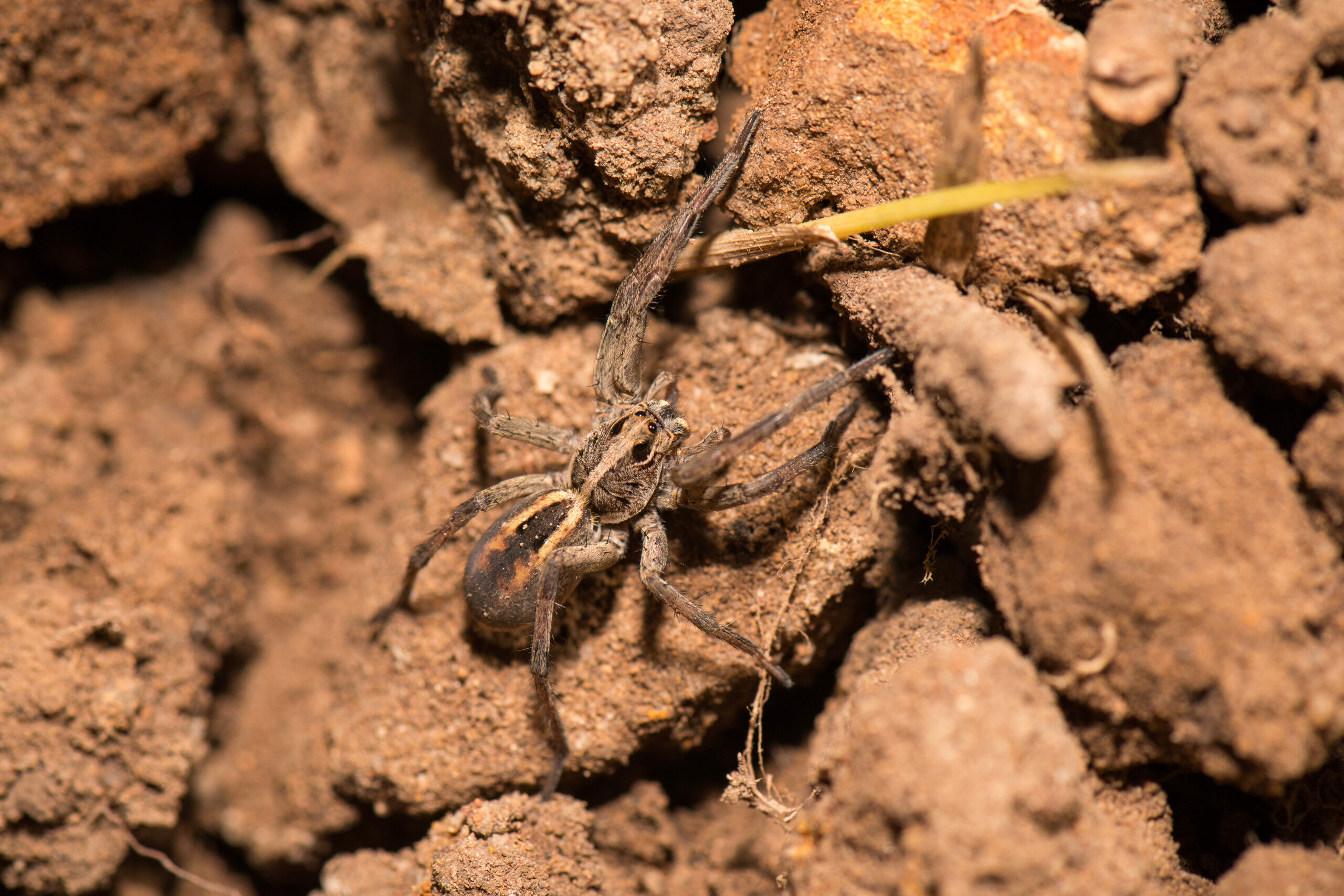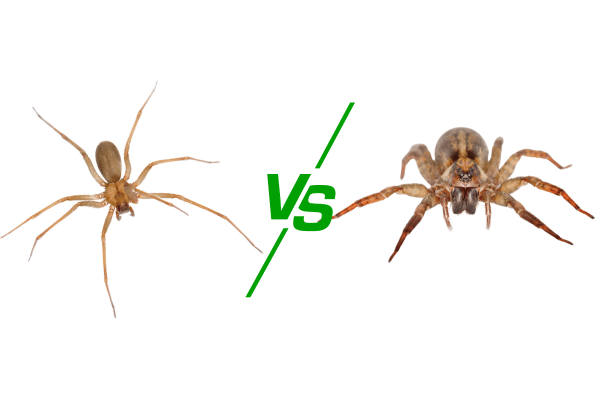Wolf spiders are among the many arachnids that call Arizona home. Known for their robust build and impressive hunting skills, these spiders often evoke a sense of fear and curiosity. In this blog post, we’ll delve into the world of wolf spiders, exploring their characteristics, behavior, habitats, and the best ways to manage their presence in your home. For expert assistance, Phoenix Pest provides comprehensive spider control services tailored to the unique needs of Arizona residents.
What Are Wolf Spiders?
Wolf spiders belong to the Lycosidae family and are distinguished by their excellent eyesight, speed, and hunting prowess. Unlike many spiders that rely on webs to catch prey, wolf spiders are active hunters that chase down their food.
Characteristics of Wolf Spiders
- Appearance: Wolf spiders are generally large, with a body length ranging from 0.5 to 2 inches. They are often brown or gray, with distinctive markings on their back. Their eyes are arranged in three rows, providing excellent night vision.
- Behavior: These spiders are solitary and nocturnal hunters. They do not spin webs to catch prey but instead rely on their speed and stealth to capture insects and other small arthropods.
- Reproduction: Female wolf spiders carry their egg sacs attached to their spinnerets and carry their spiderlings on their back after they hatch until they are ready to fend for themselves.
Habitat and Distribution
Wolf spiders are highly adaptable and can be found in a variety of habitats across Arizona, from deserts and grasslands to forests and urban areas.
Common Habitats
- Outdoors: Wolf spiders prefer dry, warm environments and can often be found under rocks, logs, leaf litter, and in burrows.
- Indoors: While they typically live outdoors, wolf spiders may enter homes in search of food or shelter, particularly during colder months. They are often found in basements, garages, and other dark, secluded areas.
Are Wolf Spiders Dangerous?
While wolf spiders can look intimidating due to their size and speed, they are generally not dangerous to humans. Their bites are rare and usually occur only when they feel threatened or cornered.
- Bites: A wolf spider bite can cause mild pain, redness, and swelling but is not medically significant for most people. However, those with allergies to spider venom should seek medical attention if bitten.
- Behavior Towards Humans: Wolf spiders are not aggressive and tend to avoid human contact. They are more interested in hunting their prey than interacting with people.
Signs of a Wolf Spider Infestation
Detecting a wolf spider presence can be challenging due to their solitary and nocturnal nature. However, some signs may indicate an infestation:
- Sightings: Seeing wolf spiders frequently in your home or around your property.
- Egg Sacs: Finding egg sacs attached to hidden areas, such as in corners, under furniture, or in storage spaces.
- Spiderlings: Noticing small wolf spiders around your home, which indicates recent hatching.
Prevention and Control
Preventing wolf spiders from entering your home involves a combination of good housekeeping practices and structural maintenance:
- Seal Entry Points: Ensure that doors, windows, and vents are properly sealed. Use caulk to fill in cracks and gaps around the foundation, walls, and roof.
- Reduce Clutter: Keep your home tidy, especially in basements, garages, and storage areas where spiders may hide. Remove piles of debris, wood, and rocks from around your property.
- Regular Cleaning: Vacuum regularly to remove spiders, egg sacs, and their potential food sources. Pay special attention to dark corners, under furniture, and in storage spaces.
- Outdoor Maintenance: Trim vegetation away from your home’s exterior and keep the area around your foundation clear of leaves, grass, and other debris.
Effective Wolf Spider Control
If you suspect a wolf spider infestation, professional pest control can provide effective solutions. Phoenix Pest offers comprehensive spider management services, including:
- Inspection: Our experts conduct thorough inspections to identify spider species and locate potential nesting sites.
- Treatment: We use targeted treatments to eliminate wolf spiders and prevent future infestations. Our methods are safe and effective, tailored to the specific needs of Arizona homes.
- Prevention Advice: After treatment, we provide recommendations and support to help you maintain a spider-free environment.
Trust the Experts at Phoenix Pest
Wolf spiders, with their impressive hunting skills and adaptability, are a common presence in Arizona. While they may look intimidating, they are generally not dangerous to humans and play a beneficial role in controlling insect populations. Understanding their behavior and taking proactive measures can help keep them outside where they belong. For reliable spider control and prevention, trust Phoenix Pest. Our expert team is dedicated to keeping your home safe from spiders and other pests. Contact us today at 623-294-8916 to schedule an inspection and learn more about our comprehensive pest management services.




